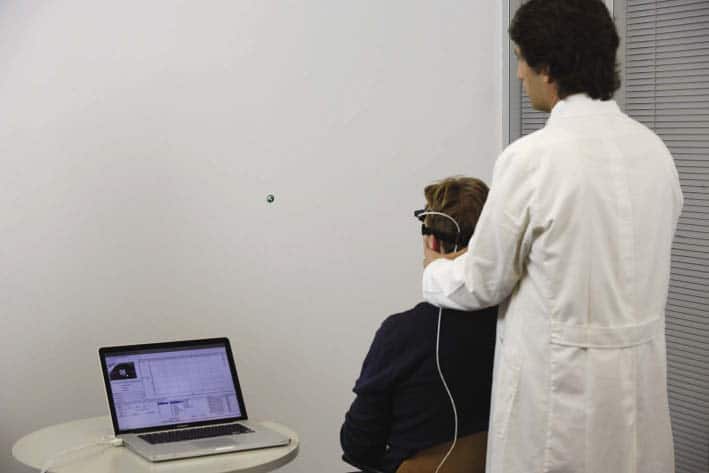Nov. 25, 2014
Last week we posted an anecdotal report specific to the potential benefits of a low-salt diet for a diagnosis of Ménière’s disease. A couple of years ago, I reviewed several proposed treatments for Ménière’s disease, but did not cover the Meniett device. The manufacturer, Medtronic, describes the Meniett as a “Low-Pressure Pulse Generator device.” The idea behind the Meniett is that pressure







